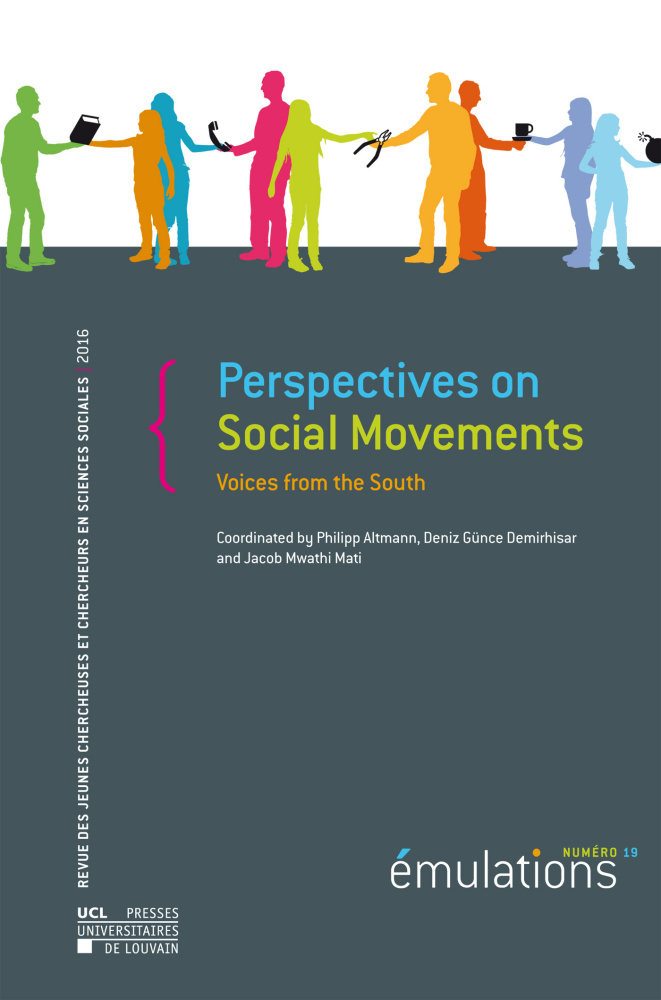Modern Anarchism in Social Movements
From the Arab Spring to the Occupy Wall Street MovementFrom the Arab Spring to the Occupy Wall Street Movement
DOI:
https://doi.org/10.14428/emulations.019.002Keywords:
Modern anarchism, Post-anarchism, Arab Spring, Occupy, Alter-globalisation, 3rd Wave MovementsAbstract
Since its launch in 2011, the Occupy Wall Street movement has been linked with anarchist theory and practice by several scholars such as David Graeber, Nathan Schneider, and Mark Bray. However, Occupy was not an isolated case in the history of social movements. It emerged at a paroxysmal point as anti-neoliberal and pro-democracy manifestations – both local and global – have already been flourishing throughout the end of the 20th century. In a few years, demonstrations, uprisings, and social protests spread all around the world in the global North and the global South. It went from the Arab Spring in 2011 to the Greek protests, the Indignants, the OWS and the Gezi Park movement in 2013. This article aims to study the presence of anarchist ideas and practices in these early 2010s movements. To do so, we rely on existing studies dealing with the political and economic aspects of these movements. We argue that if anarchism is linked with the 2010s movements, it is through its political and economic values and practices. As a matter of fact, the period that preceded – from the mid-1990s until 2010 – already witnessed the development of anti-neoliberal, alter-globalization and pro-democracy movements. Thus the central point of contestation which characterizes these movements – which can be referred to as 3rd wave movements – are indeed political and economic. The empirical studies that were analysed in this article may not all point out a link between these movements and anarchism but show, at least, the practice of political and economic alternatives than can be defined as anarchistic – close to the anarchist ideas without clearly mentioning it. The anarchist ideas and practices observed in the 2010s movements thus show a link with the re-emergence of anarchism, under the form of post-anarchism, since the mid-1990s. Its development is closely related to the rise of the alter-globalization movement. Under its new form anarchism tends to distance itself from its violent past in the 19th century. Even though it is not referred to as “anarchism” in mainstream media, it still exists through new movements such as alter-globalization and direct democracy experiments.
Downloads
Published
How to Cite
Issue
Section
License
Copyright (c) 2017 Revue Emulations

This work is licensed under a Creative Commons Attribution 4.0 International License.




.png)





